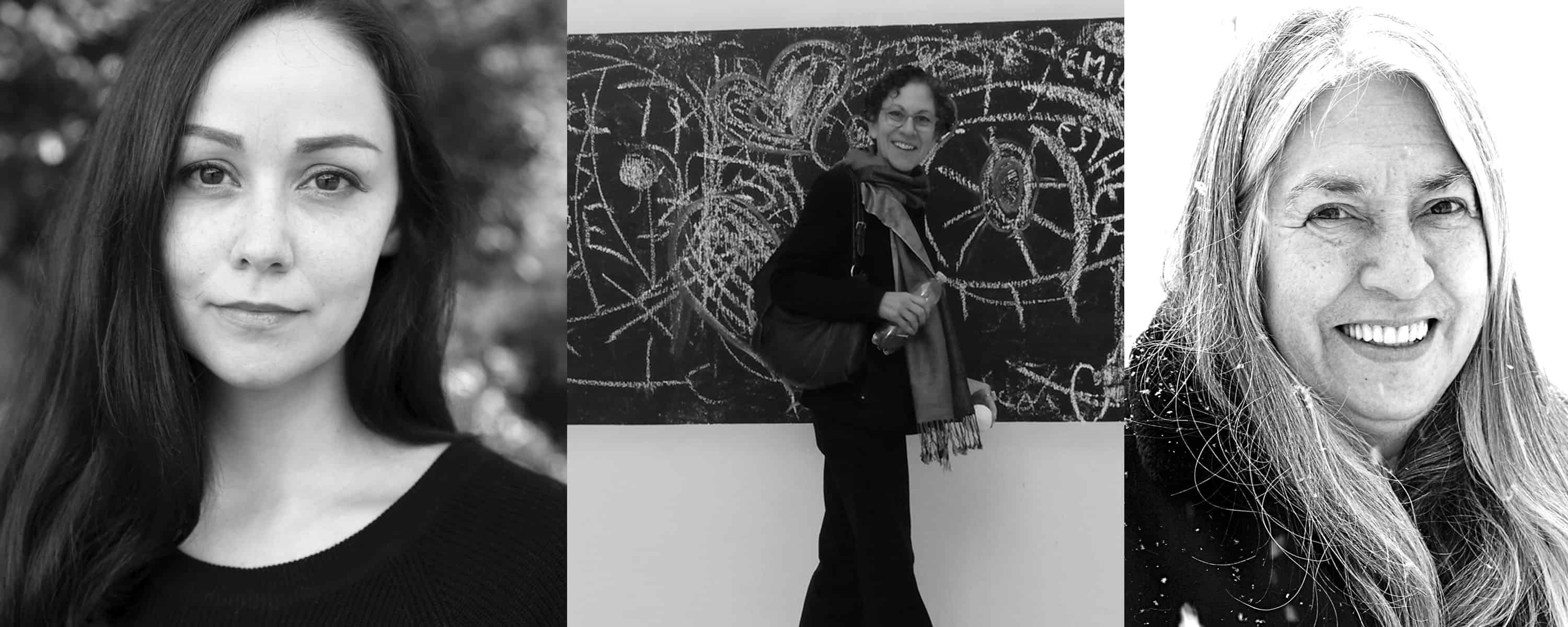The International Festival of Authors (IFOA), an annual event that brings accomplished writers together to engage with the greater Toronto literary community, began this year on October 19.
The IFOA was founded in 1974 and has since brought thousands of authors to the city, including 22 Nobel laureates. This year’s festival, based out of the Harbourfront Centre, will feature dozens of events, including readings, book signings, and panel discussions. U of T faculty members are among the participating authors.
Ronna Bloom is the author of six books of poems, including The More; she is also the University of Toronto’s Poet in Community. Bloom will be participating in a panel called “Poetry and Process” on October 22, discussing the themes that inspire her work and the processes through which she explores them.
Bloom advises aspiring writers to focus least on their final product. She explained that the most important part is to engage with the passion of the work and see what it is — sometimes it may be just a grocery list. Thinking of what the work could be can mean “the death song” of the work, she said.
Grace O’Connell, author of two novels, including Be Ready for Lightning, and an instructor at the School of Continuing Studies’ creative writing program, will be participating in a panel called “The Nature of Fear” on October 27.
The hardest part of creating an atmosphere of fear or suspense in writing is “getting fully into the headspace of that experience or moment, [as] it’s harrowing, and also complicated emotionally,” said O’Connell.
Both Bloom and O’Connell agree that a balance needs to be struck between focusing on one’s own work and engaging with the broader artistic community. Bloom said she needs both, though she thinks it depends on the writer. Sometimes she would prefer to just write and read poetry, other times to engage with new writers and help support them, emphasizing the importance of having options.
O’Connell said that encouragement from the community is an important part of the life cycle of a writer. “Most writers have had someone who encouraged them, even if it was just a brief conversation at a book event or such, and you want to pass that on to emerging writers,” she said. “I really do think it can have a positive impact on student writers just to be able to ask questions, get some encouragement and permission to focus on their writing life, and feel connected.”
Echoing Bloom’s thoughts about balance, O’Connell added, “It’s important to me to have community, but to balance that against burning myself out. In the end, the writing is the most important thing.”
When asked about the most important aspects of the IFOA, O’Connell related several anecdotes about memorable moments from past festivals. At one event, “Miriam Toews responded to [a] question of what is toughest about doing publicity for books by saying: ‘Well, it’s game six of the World Series and I don’t know what’s going on,’” said O’Connell. “The best part was Joe Kertes put his hand up, ostensibly to ask a question, and instead told her the score of the game.”
“Those moments, those indelible memories, are the amazing parts of IFOA,” said O’Connell.
Another U of T figure who will be participating in the IFOA is Lee Maracle, an instructor in the Aboriginal Studies program and the author of works including Sundog and Ravensong. Maracle will be interviewed by Duncan McCue, journalist and host of the CBC Radio One Cross Country Checkup, at an event on October 26.
All three authors will be participating in panels that are free to students.


